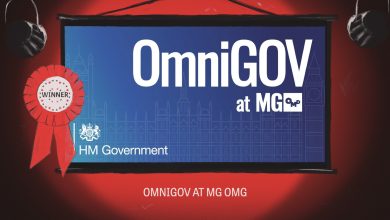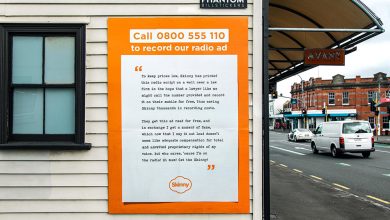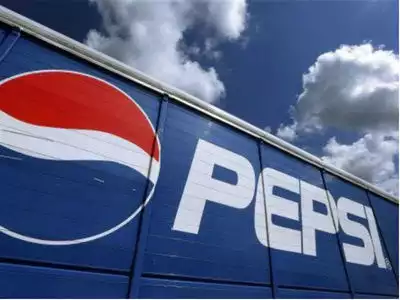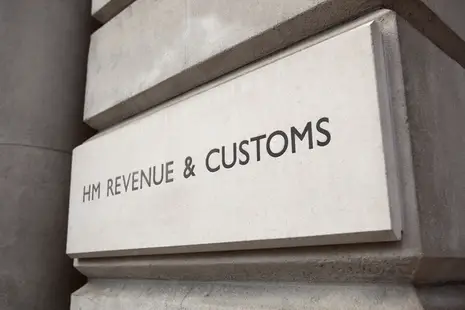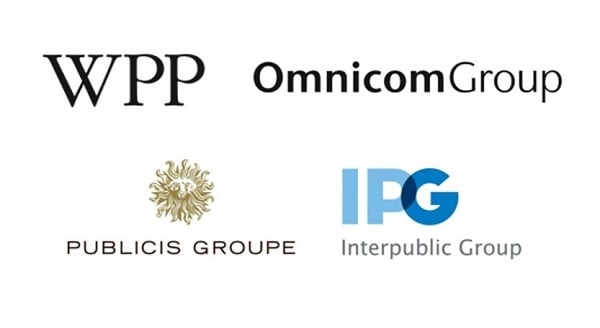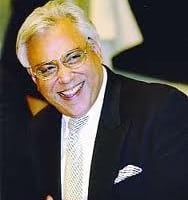Global regulators up stakes in murky media marketplace
Indian regulators follow up raids
The US Federal Trade Commission has conditionally cleared Omnicom’s proposed merger with IPG by accepting a consent order that prevents the merged entity from steering ad dollars away from media publishers based on their political or ideological viewpoints. Which should make X owner and on/off Trump best buddy Elon Musk happy (Elon has accused advertisers and agencies of doing precisely that in the past.)
Alleged collusion among holding company media agencies is becoming quite the thing: WPP executives in China have been been charged with (largely undisclosed) collusion/corruption, which has battered the British-owned holding company’s sales and market share there. Now regulators in India are looking at allegations that the big holding companies (WPP, Publicis, Omnicom, IPG and, over there, Dentsu) have been colluding to fix media prices.

According to Reuters: Omnicom Media’s India chief was frustrated. It was October 5, 2023 and a rival was trying to poach the U.S. firm’s client by offering lower prices, just weeks after global advertising agencies and broadcasters struck secret pacts on ad rates in the South Asian country.
The attempt to woo the client violated the agencies’ agreement, Omnicom Media’s India CEO Kartik Sharma wrote in a WhatsApp group comprising a who’s who of advertising, according to excerpts of the discussion documented by antitrust investigators and verified by Reuters.
This kind of practice is not in the spirit of what we are collectively trying to achieve,” Sharma wrote, without identifying the parties.
He didn’t really need to. This follows a number of raids on said media agencies by India’s Competition Commission back in March.
Fixing prices can land you in big trouble. Back in 2012 traders in London attempted to manipulate the so-called London Interbank Offered Rate (LIBOR) which sets the daily interest rates banks use to lend to each other. Some found themselves serving lengthy jail sentences. The banks, of course, slid off the hook
That’s usually the case with media manipulation, the unfortunate traders cop it while their employers get off with a fine although WPP’s experience in China might indicate that there are wider consequences. It’s becoming clear that the ad holding companies, back at HQ in London, New York, Paris and even Tokyo, have only a patchy at best understanding of what their underlings are up to, let alone an efficient means of controlling them. Or maybe they do..
As so-called principal media trading becomes the preferred way for ad holding company media agencies to restore their margins (media broking in other words) a regulatory minefield beckons, as it nearly always does when different parties pay different prices. China is hardly known for its transparent legal framework so WPP, for instance, can probably shrug that off. India is a different matter and the ad holding companies will be worried. Omnicom/IPG may yet be derailed.


